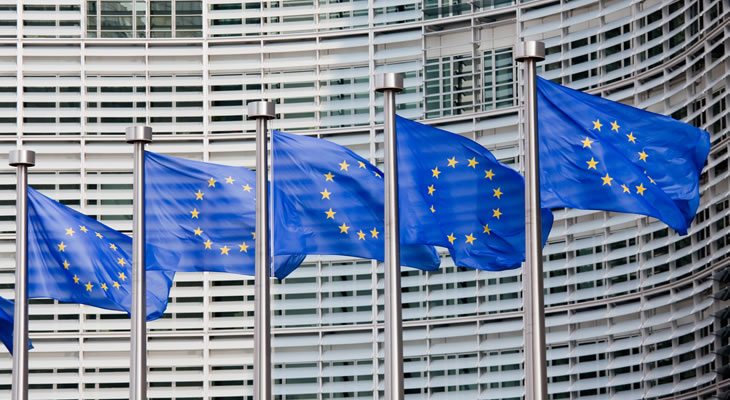Falling German Consumer Confidence Fails to Boost Pound Euro (GBP/EUR) Exchange Rate
A deeper-than-expected decline in December’s German GfK consumer confidence index failed to offer the Pound to Euro (GBP/EUR) exchange rate a leg up.
Although sentiment among German consumers fell further into negative territory, dipping from -3.2 to -6.7, the Euro (EUR) was able to hold onto a marginally stronger footing against its rival.
As markets were largely unsurprised by the nature of the European Central Bank’s (ECB) meeting minutes this limited the potential for single currency weakness.
With investors having already effectively priced the prospect of further monetary loosening into EUR exchange rates there was little room for further selling at this stage.
With one of the ECB’s most hawkish policymakers set to step down after the December meeting the way appears clear for the central bank to expand its accommodative policy stance in the months ahead.
Sharp UK Car Production Decline Drives GBP/EUR Exchange Rate Weakness
Demand for Pound Sterling (GBP), meanwhile, weakened in response to October’s UK car production figure.
A major -18.2% decline on the year stoked fresh anxiety over the health of the UK car industry, and the wider manufacturing sector by extension.
With all signs appearing to point towards the economy shedding further momentum in the fourth quarter this left the GBP/EUR exchange rate on the back foot.
As long as the issue of Brexit remains unresolved this could keep the Pound biased to the downside, with the December deadline drawing ever closer.
The government’s plans to return to a tier system in December, following the end of the second national lockdown, also failed to encourage any particular demand for the Pound.
All in all the economy seems on track to shed further economic momentum in the final months of the year, raising the risk of an imminent double-dip recession.
The lingering uncertainty over the UK’s future trade relationship with the EU and others also put a major dampener on GBP exchange rates.
Negative German Inflation Forecast to Limit Euro Appeal
Support for the Euro may sour next week, though, if November’s preliminary German consumer price index report proves discouraging.
If the headline inflation rate remains in negative territory this would leave investors with little reason to buy into the single currency.
As long as German inflation, and the overall Eurozone inflation rate, continue to trail significantly below the ECB’s 2% target the case for any monetary tightening looks set to fade further.
The dovish bias of the ECB could keep EUR exchange rates from finding any particular traction in the near term, even though policymakers have largely dismissed the possibility of any further interest rate cuts.


Comments are closed.